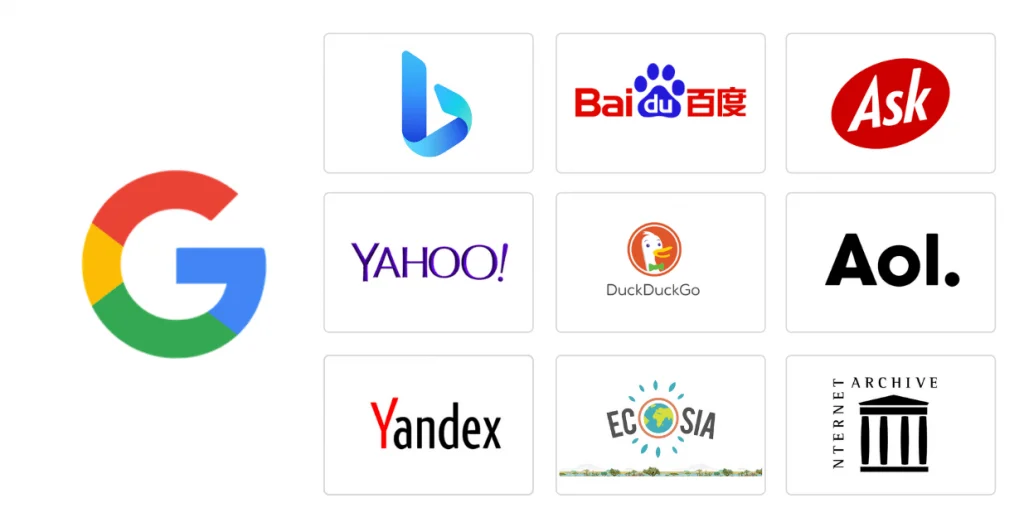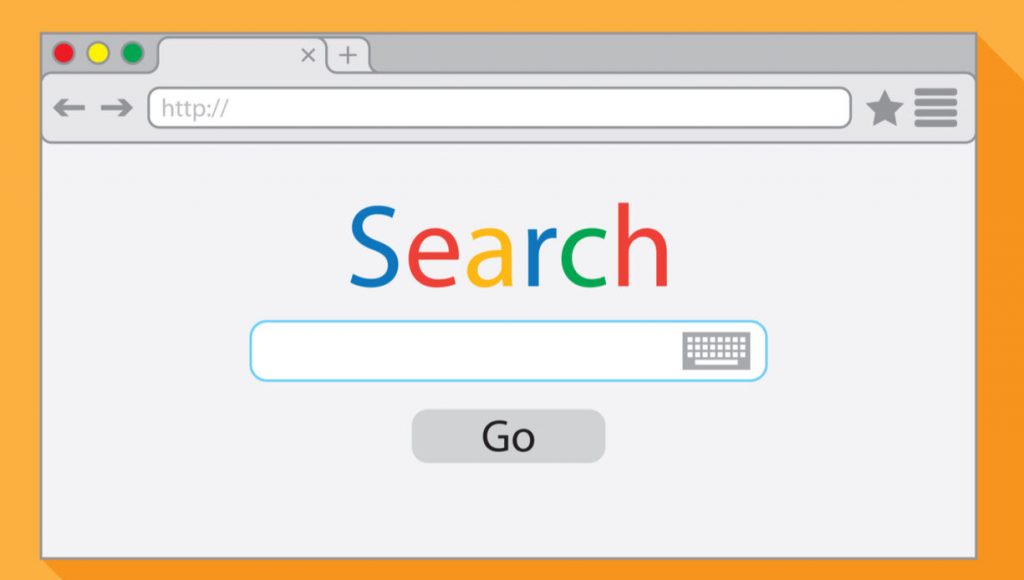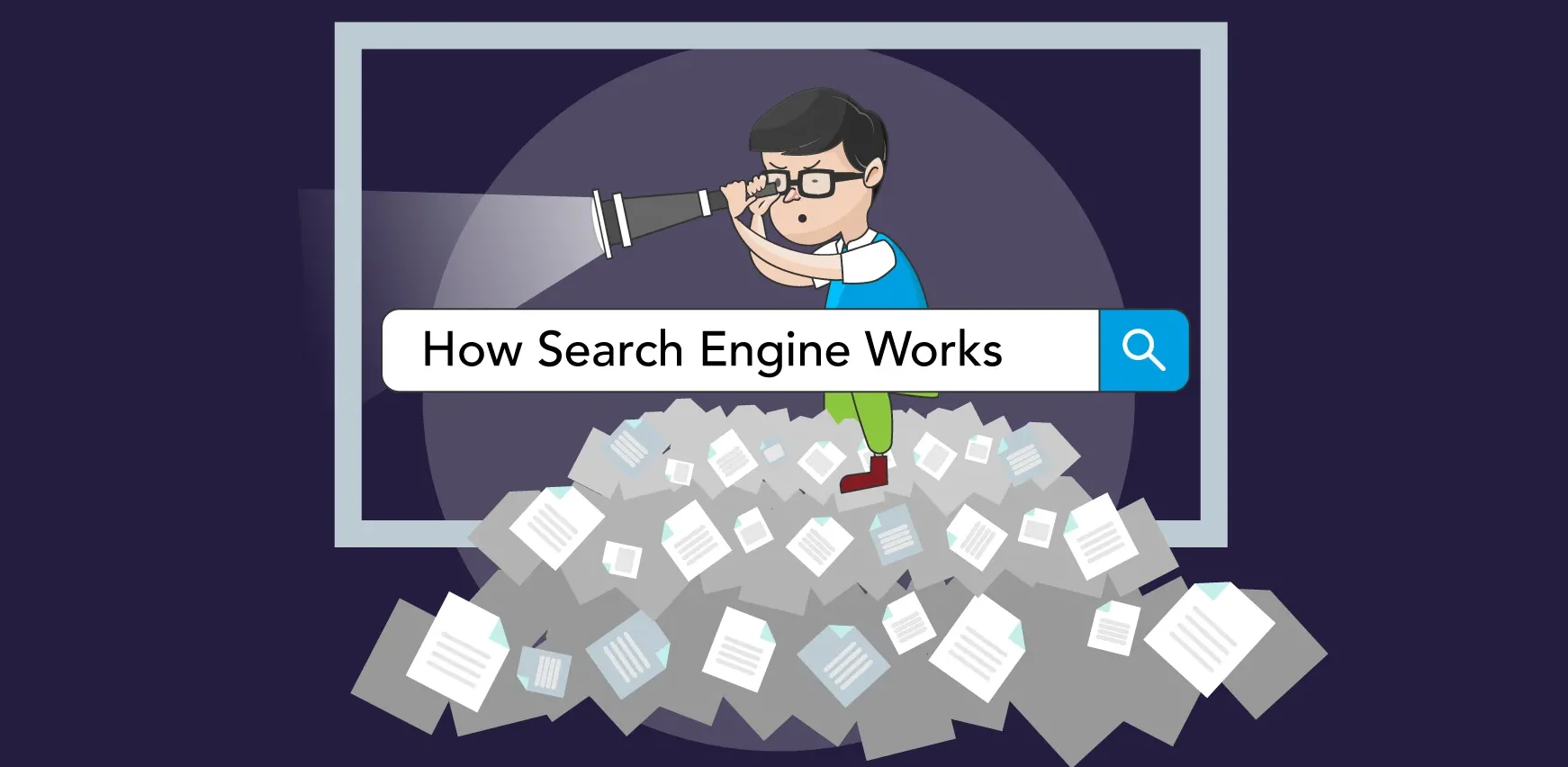What number of times have you used Google, one of the most popular search engines on the planet, in the past three days? As with any other revolutionary technology, the search engine’s life gradually integrates into our daily lives. It is no longer an active feature of our lives. The famous search engine has been made a verb in English and the dictionary since 2006, despite company protestations.
History searches
Did you know the first search engine in the world appeared in 1990, one year after the launch of the World Wide Web? In 1992, there were only 10 websites. However, the desire to understand these sites was felt and maybe anticipated. Archie was the first search engine. Instead of getting the search results pages that we know today, you would get a.txt document that you could download. It contained the most important piece of information: the URL for the site that was associated with your search.

To be there at the launch Yahoo!, the most well-known (yet), search engine, we skip a few years. This was in 1994 when there were 2,738 websites. Yahoo had already distinguished between information sites that could be added to the search engine free of charge and commercial sites which required an annual fee of several hundred dollars.
AltaVista is the most prominent search engine launched in 2000. In 1996, there were 257,601 websites. MSN was launched in 1999 (there were 3,177.453 sites then). What happened to these search engines? Yahoo bought AltaVista in 2003 and MSN was transformed into Bing in 2009. Bing is the second most used search engine, after Google.
Google’s search engine was first launched in 1998. It has been in use since then, with no interruptions, as the most popular and widely used search engine in the world. Globally, Google held 92.51% market share in 2020. In Romania, however, the market share for the search engine is even greater, reaching 97.93%!
What is the purpose of a search engine?
There are currently 1.8 billion websites on the Internet. Of these, 75% are not actively used. And of those that are active, not all take search engine optimization seriously. An optimized site will be more prominent among the hundreds of millions of other sites. The story doesn’t end when the user searches Google for something.

A search engine is basically a program that organizes and stores web pages according to certain criteria in order to provide users with fast access to the information they need. Let’s look at a few:
A Web crawler or spider is an Internet bot that searches the World Wide Web for’signals’. It uses link to link to search for new pages, images, and files, and also tracks all links between sites. It is recommended that you immediately link to an older page that has been indexed when creating a new page. This would act as an invitation for bots to index the new page. This context makes Off Page SEO (the backlink network) even more important. Specialists also have other tools that can accelerate this process. For example, they may issue clearer invitations to robots.
Search engine indexing can be compared to a large catalog. The crawlers discover and scan content and store it (“cached”) on servers. This allows the user to rank the search results more logically and according to his searches.
Finally, if you are searching for something, the search software will scan through billions of pages to find the right information.
Why should you care?
You might be a casual user, or a student searching Google for various topics. Understanding the purpose of search engines and how they work can help you improve your search skills. Search engines are designed to help you find what you’re looking for. The most reliable and relevant information. Google will be more useful to you if it provides the answers and solutions you are looking for. A search engine will only index pages and sites that it finds useful.
It is vital to understand the above in order to create web pages that are search engine friendly.
People still use search engines to find information. 98% of those surveyed in the annual digital survey by Hootsuite or We Are Social said they use a search engine at least once a month (in Romania, 99.6%). Seven out of 10 participants in the study said that they use more than just traditional search engines. They also use social networks such as Facebook, Instagram, LinkedIn and voice search tools. The percentages are also applicable to e-commerce. For instance, 87.7% Romanians search online for products ,services or Pornofilmexxx.net.
